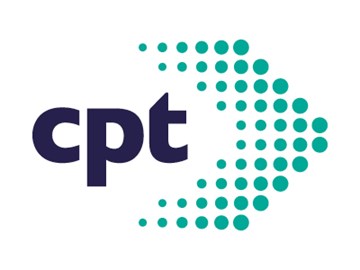Latest News & Releases

CPT responds to SPT’s bus vision
The Confederation of Passenger Transport today responded to the Strathclyde Partnership for Transport Regional Bus Strategy consultation.
The strategy places bus at the heart of Strathclyde’s public transport network, noting 25% of adults in the region use bus at least once a week. It sets out a vision for buses that are more frequent, more reliable, more affordable and easier to use.

Government funding of £38 million is a welcome step on the journey to a green bus fleet nationwide
The Confederation of Passenger Transport today welcomes a £38 million investment by the Department for Transport to support 12 local authorities in expansion of zero emission bus fleets. The funding - which will be backed up by at least three times the amount of private sector investment - will help to deliver 319 new zero emission buses over the next two years.

Operators ready to work with Welsh government on boosting bus travel
Bus operators today pledged to work closely with the Welsh government in its goal of delivering frequent, reliable, affordable buses for passengers across the country.
Responding to today’s publication of the Bus Services (Wales) Bill, the Confederation of Passenger Transport welcomed the Government’s ambition to build a long term plan for buses but urged ministers to maintain room for commercial innovation.

Don’t miss the coach! CPT calls for national transport strategy to include long-distance and charter coaches
Coaches, which provide vital connections across the United Kingdom, must be placed at the heart of local and national transport planning, the Confederation of Passenger Transport urges today.

Confederation of Passenger Transport Calls for Bold Investment in Bus Services to Drive Economic Growth
The Confederation of Passenger Transport (CPT) has today submitted proposals to the Government’s Spending Review, emphasising that better buses are key to achieving economic growth and improving quality of life for communities across Britain.

CPT Cost Monitor Demonstrates Need for Workforce Strategy on Buses
The UK’s bus industry has successfully rebuilt its workforce and service network following post-pandemic driver shortages, putting it in a strong position to drive economic growth and social mobility. But with labour costs at a record high, continued support is needed to help the industry sustain and expand the essential services relied upon by millions.


